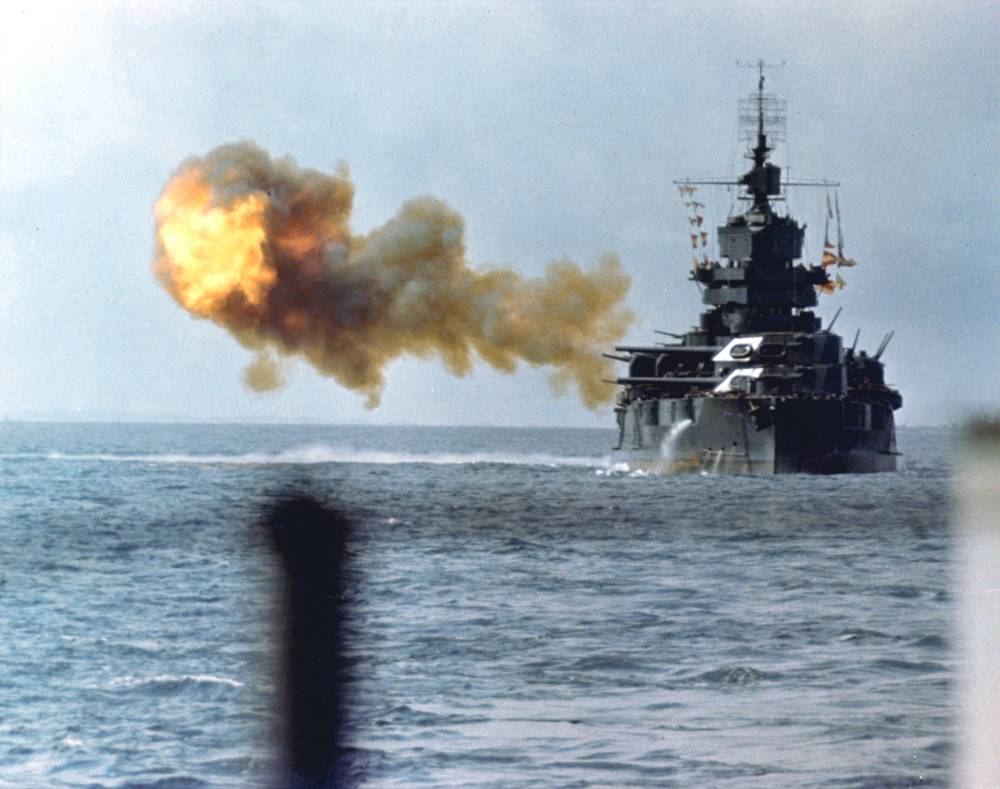In early 1946, U.S. Navy Commander Henry S. Bennett, a member of the Medical Corps who served with the U.S. Marines during the Battle of Okinawa, said: “Without doubt, our military operations in the Okinawa Gunto have caused far greater disruption, destruction and casualties than any previous violent historical episode in the archipelago, and cannot be regarded by people as anything but a calamitous disaster.”
This assessment was not an off-the-cuff remark but was included in the first detailed analysis of the battle appearing in the U.S. military’s most prestigious journal, U.S. Naval Institute Proceedings. Born and raised in Tottori, Bennett, who later became an internationally known anatomist and cell biologist, was particularly sensitive to the needs of civilians, making a number of recommendations about the military occupation of the island upon his return to the United States.
Because it led to so many unnecessary noncombatant deaths, the Battle of Okinawa should have been the last example of senseless slaughter of civilians in world history. Of course, it wasn’t — such tragedies continue today, daily, around the globe.


















With your current subscription plan you can comment on stories. However, before writing your first comment, please create a display name in the Profile section of your subscriber account page.